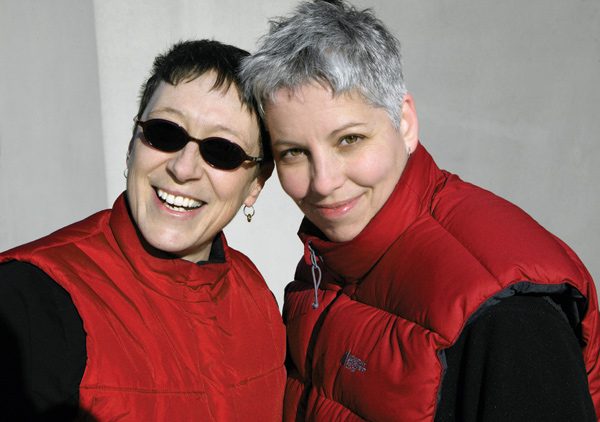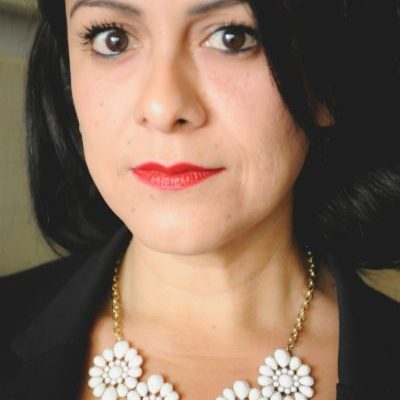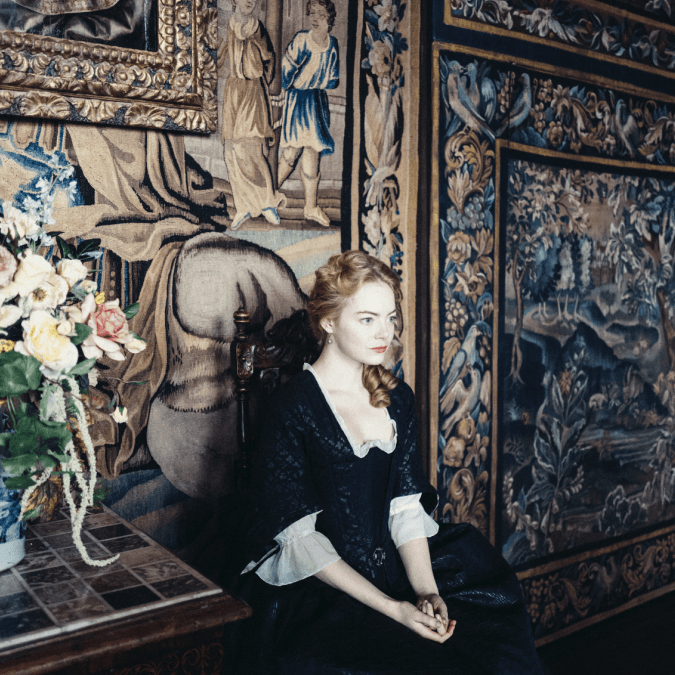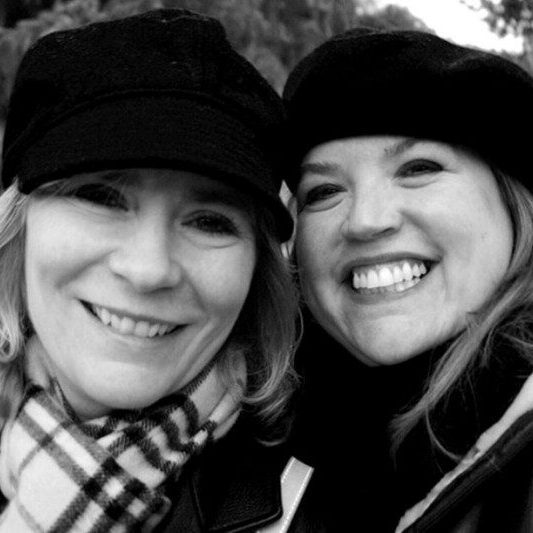
Dominique Cardona and Laurie Colbert, co-directors of the highly-anticipated lesbian film Margarita, dish on falling in love and telling our stories.
How they met
Dominique: We met during a boat dance on the Seine River in Paris at the end of the ’80s. That was a time when Lesbia magazine, the only lesbian magazine in France, organized wild parties once a month on a barge by Notre Dame. Neither of us could speak the other’s language, so communicating was a little tough at first—but a lot of fun. Laurie knew one sentence: “Voulez-vous coucher avec moi ce soir?”
Laurie: It was all very romantic and so, so French. We met on the dance floor. We danced together, left together and we’ve been together ever since.
How they overcame the language barrier
Laurie: Language isn’t the only way to communicate. We found other ways and explored them all. Then Domi learned English and I learned French. It took about eight months before we could have a really meaningful conversation. By the time we were able to understand each other it was too late—we were completely in love.
Dominique: At first it was like discovering a new person every day and I like that feeling. I still have it. It’s wonderful to live with someone for so long and still be surprised.
How they chose to work together
Dominique: Before we could actually understand each other, we went to dozens of movies and found that film was a common interest that helped us bond. Both of us were always up for seeing three films in a row and going dancing after—we were young. We were really lucky to live in Paris at a time when it wasn’t expensive and there were film festivals going on everywhere.
Laurie: Neither one of us thought of being filmmakers—we were just film buffs. But in Paris we started to meet other filmmakers, watched hundreds of films and thought: Why not? Let’s try. We didn’t like the portrayal of lesbians in mainstream cinema or even in documentaries—they seemed to always be portrayed as overly apologetic, sad or patronizing. We decided to make Thank God I’m a Lesbian, a documentary that shows the other side of lesbianism—the luminous side.
How their strengths complement each other
Laurie: We are both feisty by nature so we duke it out when we don’t agree. Then we kiss and move on. I’ve always been more into thinking and planning, whereas Dominique is all action. It’s a great working relationship, because we know that once we make a decision, we’ll get where we need to go.
How they select a project
Dominique: The kernel of each project inevitably comes out of an intense conversation. Then we start throwing around ideas and voila—the whole idea starts to take shape. We only work on one project at a time so we just keep going until it’s done—if nothing else, we’re tenacious as hell.
On the inspiration behind Margarita
Dominique: We saw Nicola Correia Damude on stage in Toronto in The Clean House and were blown away by her stage presence. At the time we had been talking about doing a film about a nanny living without legal status in Canada. We wanted to explore what it is like to live in Toronto without documentation and the social support system that comes with it. We also wanted to explore the other side of the equation and look at the families who employ and in many cases—knowingly or not—exploit these workers. We were fascinated by the concept of the class structure that still exists in a society that is legislatively class-free.
Laurie: Twenty years ago, Dominique was forced to leave Canada, as she’d been a “tourist” for just a little too long. It was agony to be separated for eight months as she waited in France for her Canadian landed immigrant status. If we had met today, things would have been easier. We could have gotten married, for example, and avoided a lot of bureaucracy. That’s such an important advancement in basic human rights and…we wanted to celebrate that in this film.
How they resolve differences on and off the set
Laurie: A shoot moves so fast that we don’t have the luxury of time or the energy to argue. Preparation is really the key with a tight shooting schedule; it’s essential to be able to foresee issues and discuss everything before being on the set. We’ve been together for 25 years, so there’s a lot of intuition.
On the role activism plays in their lives
Dominique: We are lesbians and feminists and we will always be involved in any struggle that makes women’s lives better. Activism is at the core of our work. Being filmmakers gives us the opportunity to challenge the status quo, specifically in terms of the image of women and lesbians in mainstream media. Art is about challenging beliefs and, if not changing them, at least providing a forum for dialogue that can lead to change. That’s why we became filmmakers and it’s why we continue to make films.



